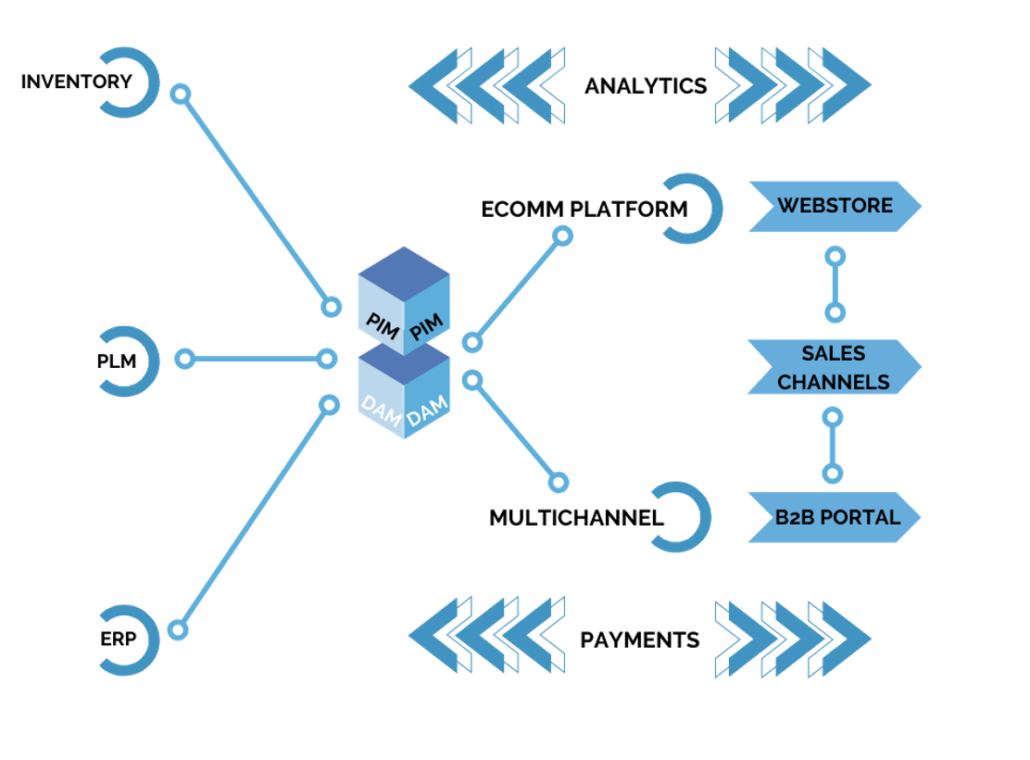Product Data Quality: 4 Ways to Enhance Product Data
Product data quality sits at the center of modern commerce. From eCommerce sites and marketplaces to ERP systems and printed catalogs, every customer interaction depends...
Published: Jan 14, 2025 Updated: Jan 16, 2025
Product Information Management (PIM) is essential for businesses aiming to enhance efficiency, collaboration, and customer satisfaction. Companies rely on PIM software to centralize product data, improve consistency, and support various channels. Effective PIM training ensures teams understand how to maximize these tools. Training builds foundational knowledge and teaches employees how to apply PIM effectively within workflows. Beyond that, training also prepares employees so they can adapt to evolving business demands while leveraging the system’s capabilities.
Here’s what you will learn in this blog:

The definition and purpose of PIM certification focuses on equipping professionals with skills to manage and optimize product information systems effectively. These certifications validate expertise in handling complex product data and integrating it into business operations for better decision-making. They are essential for professionals aiming to streamline workflows and improve customer experiences.

There are several different types of certifications available, which cater to diverse roles within the PIM ecosystem, e.g.PIM for eCommerce, PIM for product managers, PIM for IT, etc.
Some certifications are foundational, teaching basic system functionalities, while others are advanced, focusing on system customization, data modeling, or integration with enterprise tools. Organizations often structure these into modular courses for various career levels and industries.
Leading certification providers and platforms include inriver Academy and Pimberly, which offer self-paced and instructor-led programs. These platforms foster community engagement and provide access to resources that support continued learning. Choosing a certification from recognized providers ensures credibility and enhances career prospects in product information management.
Core components of Product Information Management (PIM) learning focus on essential skills and knowledge for successful system usage. A primary element is understanding data governance and quality for accurate, complete, and consistent product information. In essence, this foundation aids in building trust across teams and delivering reliable data to consumers. Typically, training includes strategies for identifying errors and maintaining standardization across platforms.
Workflow optimization is another critical aspect. Learners gain insights into workflow management, enabling them to configure and manage processes that improve efficiency. Specifically, this includes setting up automated tasks, defining approval stages, and streamlining collaboration among stakeholders. By mastering these processes, users can better align teams and reduce manual errors.

Hands-on training reinforces these concepts through practical scenarios, helping users navigate real-world challenges. Overall, comprehensive resources, such as certification programs and instructor-led courses, ensure learners grasp the nuances of system setup, integration, and maintenance.
Still reading? Let’s review some of the most frequently asked questions:
PIM certification training provides structured learning to master product information management systems. Even further, it equips individuals with essential knowledge and skills for efficient data management and system implementation.
Professionals managing product data or systems in marketing, IT, or operations benefit from PIM certification. Consequently, it is ideal for those aiming to enhance workflows and ensure data accuracy.

Certified professionals improve data processes, ensure consistent product information, and support better customer experiences. Markedly, they bring efficiency to workflows and align teams with organizational goals.
Candidates must complete training modules, pass an assessment, and meet program-specific requirements. Certification programs often offer self-paced or instructor-led options.
Earning a PIM certification positions professionals to manage product information systems effectively. Training programs equip participants with skills to enhance workflows, improve data quality, and drive business outcomes. With proper certification, individuals stand out as experts, ready to tackle challenges and implement solutions. The investment in training guarantees long-term organizational benefits, offering advanced career opportunities while supporting business growth through effective data management.
Learn more about what PIM is on our blog.


